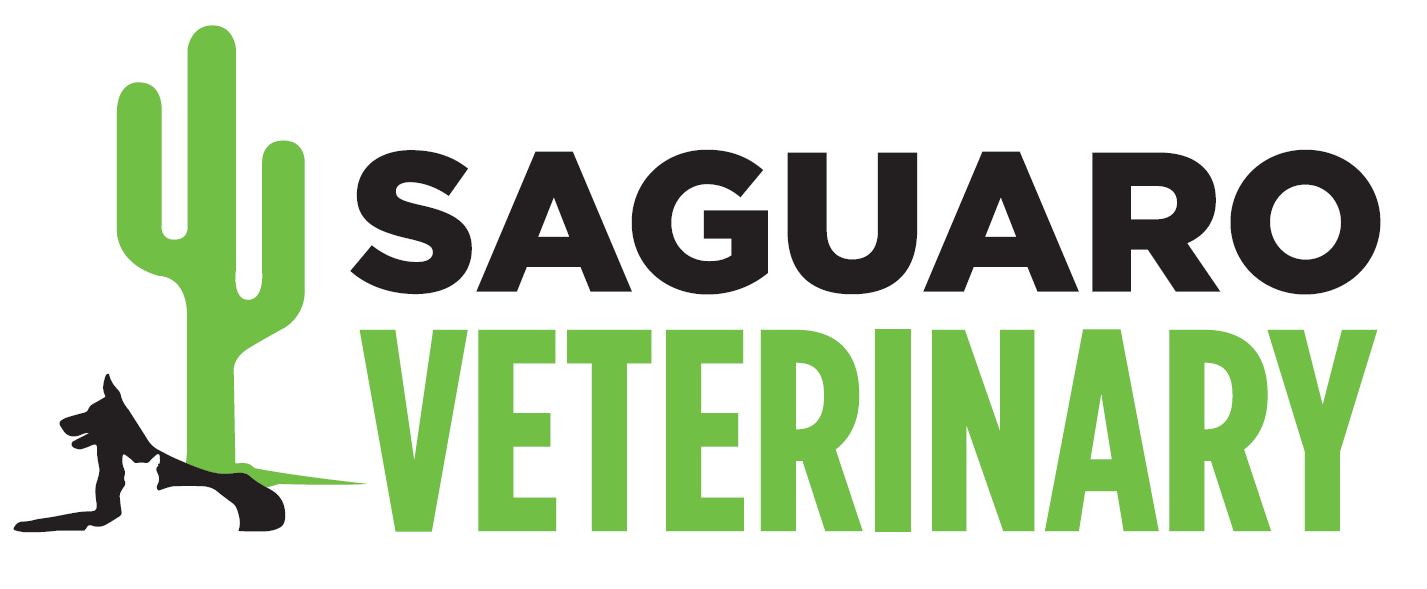What is Cushing's Disease?
Cushing's is hyperactive adrenal disease, or hyperadrenocorticism. When we get that fight-or-flight response, like when we are heading over a roller coaster and get that adrenaline pump, that's what Cushing's is, but it's all the time. Imagine constantly being in flight mode.
What are the clinical signs of Cushing's Disease?
Clinical signs include increased drinking, increased urination, and excessive eating. Patients may start losing fur, especially around their abdomen or the side flank area, and also around their tail to the point where it looks like there is no fur, sometimes called a "rat tail." They pant a lot and are very anxious. When I see them in the exam rooms, typically, they won't stop panting the entire time.
How is Cushing's Disease diagnosed?
Cushing's is diagnosed through an ACTH stimulation test or a dexamethasone suppression test. Typically, I would recommend starting with an ACTH stimulation test because it takes about 2 hours, versus the dexamethasone suppression test, which takes about 8 hours.
How do we treat Cushing's Disease once diagnosed?
Typically, we will treat it with Trilostane or Mitotane. Mitotane is typically more reserved for the adrenal-dependent cases, while Trilostane helps a lot with pituitary-dependent Cushing's. Treatment depends on how often we have to adjust doses. Initially, with Mitotane, we'll test about 5 to 7 days after starting to see what levels we're at, and then usually reduce the dose from once a day to about two to three times a week, depending on levels. With Trilostane, we'll have you come back in about a month, take another blood sample, and ensure we're heading in the right direction to maintain a normal cortisol level in the body.
What precautions should be taken during treatment?
We don't want to overdo it because then we may end up with Addison's Disease, which is the opposite of Cushing's. Sometimes, we'll need treatment for Addison's if we go overboard. However, if we do the testing correctly and monitor, your pet should have no problems tolerating the medication and hopefully live a full and good life.
If you have other questions and you'd like to reach out to us, you can call us directly at (480) 948-1770, or you can email us at info@saguarovet.com. But please do reach out, and we'll get back to you as fast as we can. Don't forget to follow us on social media Facebook, Instagram.
